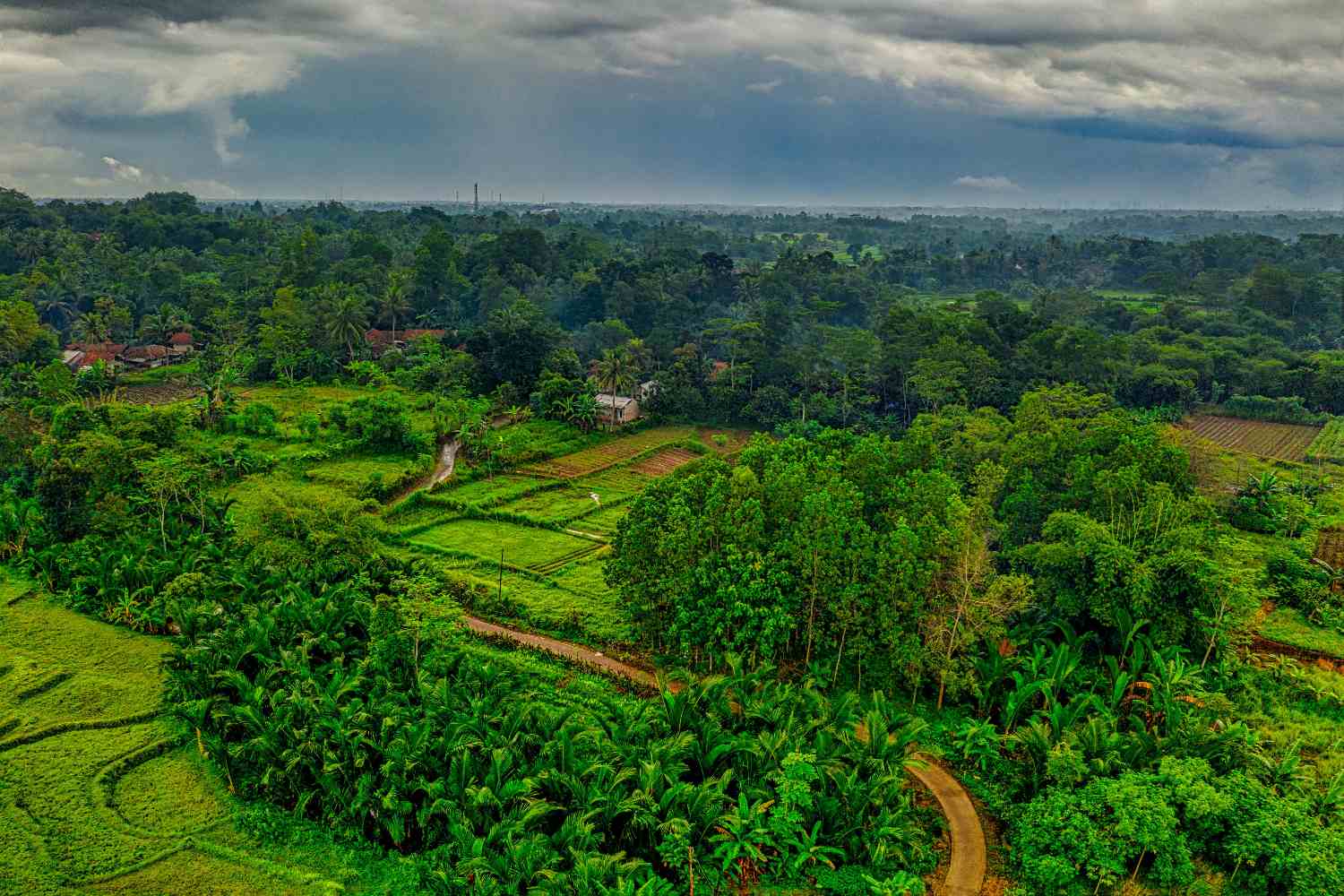An agricultural plan in Indonesia is alarming the world: deforesting vast areas of tropical forest in monocultures to achieve food and energy self-sufficiency

@Tom Fisk/Pexels
In Indonesia’s distant, largely uncharted South Papua province, the government is pushing ahead with what would be the largest deforestation project in the nation’s history. The objective? To plant millions of acres of rice paddies and sugarcane in a quest to be food and energy self-sufficient within a few years’ time. But the cost to the environment could be huge.
The policy, backed by President Prabowo Subianto, aims to convert vast tracts of tropical rainforest into industrial monocultures. The action has raised widespread alarm among environmentalists, scientists, and human rights activists, who now refer to the region as a possible “death zone” in one of the most biodiverse places on earth.
Already, over 27,000 acres of land — larger than the city of Paris — have been cleared, reports multiple local and global NGOs. And the clearing persists, encroaching into protected forests, peatlands, and forest habitats critical to fighting climate change. Auriga Nusantara, an Indonesian NGO, has reported that more than 642,000 acres of forest were cleared in 2024 alone, reversing the gains of multiple years of conservation.
The military is here to guard crops, not individuals
The agricultural drive is occurring against the already charged backdrop. Papua has long been the site of secessionist violence and ongoing accusations of human rights violations by the Indonesian military. Now, with the armed forces on site to “assist in providing stability” and assist crop farming, tensions with the Indigenous populations are escalating. Too many of them are at risk of eviction.
Experts are also skeptical that even the land itself is worth undertaking mass agriculture. The ground in Merauke is very acidic, and local climatic conditions are harsh and unstable, questioning seriously the potential of crops to thrive. There’s also the risk of swamp and peatland drainage inducing drastically increased odds of colossal fires — already much too much in Southeast Asia.
We are deforesting the rainforest to plant rice nobody will eat
Rather than reclaiming already degraded or abandoned land, the government is gambling on a revolutionary overhaul of ecosystems in the region. That choice, in the eyes of many analysts, is an indicator of cynical indifference to the ecological, social, and economic stakes. The plan risks undermining Indonesia’s climate commitments and condemning one of the last remaining intact green lungs of the world to irreparable destruction.
